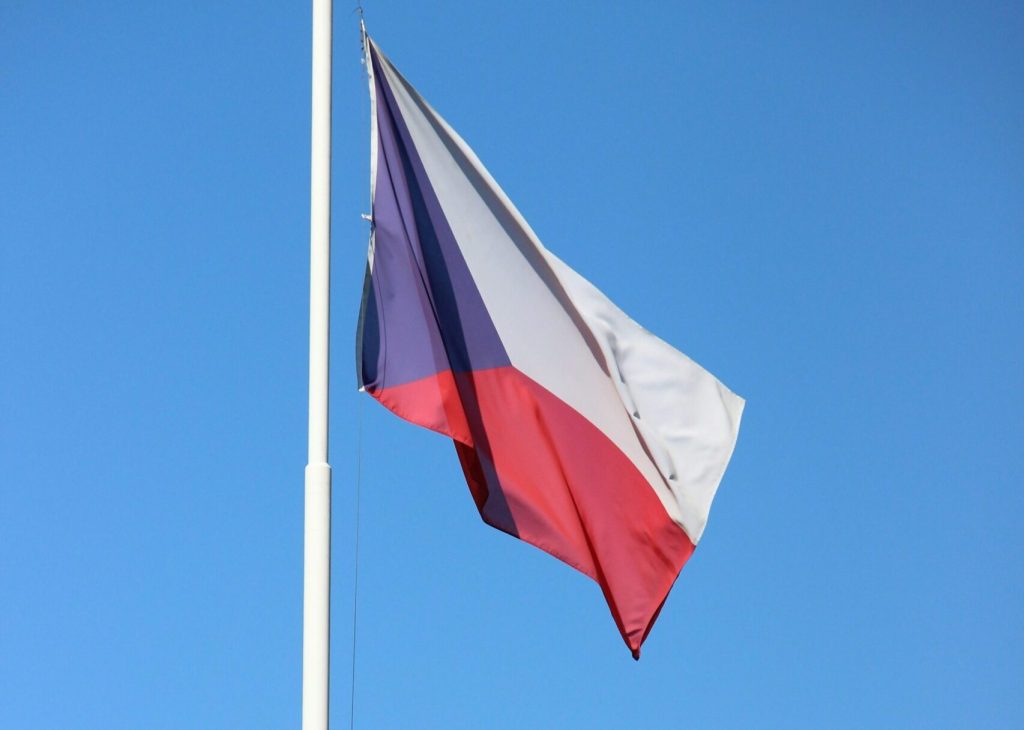The threshold for obtaining a mandatory electricity generation licence in Czechia has been increased from 50 kW to 100 kW, Czech energy regulatory office Energetický regulační úřad (ERÚ) has confirmed.
This is the second time in recent years the threshold has risen, after the limit was increased from 10 kW to 50 kW in 2023.
The change applies to solar power plants that produce electricity for self-consumption or for free sharing only. ERÚ chairman Jan Šefránek confirmed that a license is still required for power plants that are used for business purposes, or if another power plant is connected to the same consumption point, regardless of the capacity of the system.
“A license is also required for producers who receive support for their power plants under the Act on Supported Energy Sources,” Šefránek added.
The latest amendment to Czechia’s Energy Act also introduces new licensing laws for electricity storage. If the storage device is connected via a production plant and its installed capacity is no more than 20% higher than the capacity of the connected plant, it does not require a separate license. If multiple electricity storage devices are connected to a single generation plant, the limit applies to them collectively.
Šefránek said that in the future, it will be necessary to significantly revise the entire system of licensed activities in the Energy Act “so that it more closely matches the new environment in which the energy sector finds itself.”
“The original meaning of issuing licenses has already been surpassed in many cases,” the chairman added.
Czechia deployed 357 MW in the first half of 2025, bringing cumulative solar capacity to more than 4.8 GW, according to figures from the Czech solar association Solární Asociace.
Earlier this month, the country’s cybersecurity office warned against the potential security threat posed by Chinese solar inverters.
ess-news.com

